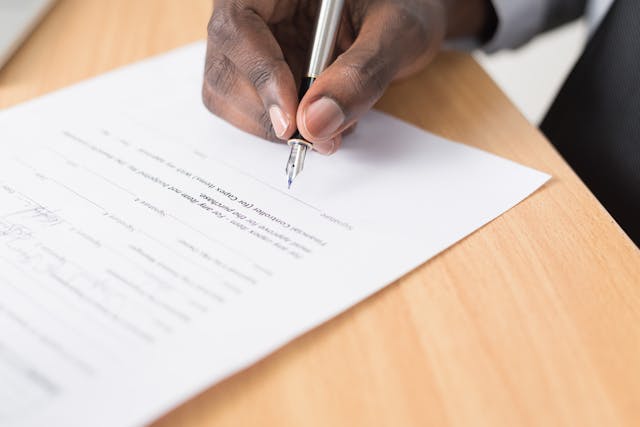
Condominium and homeowner association management demands meticulous record keeping practices. The statutes governing these practices are precise, requiring associations to maintain their records in a specific manner. Read on and reach out to our seasoned Florida condo & homeowner association attorneys to learn more about these legal requirements and best practices in condo and HOA record keeping. Here are some of the questions you may have:
What Documents Must Be Kept, and for How Long?
Florida Statutes mandate a comprehensive list of documents that condo and HOA boards must retain. Financial records, including invoices, receipts, and bank statements, must be kept for seven years. Meeting minutes, which encapsulate the decisions made by the board, are to be preserved forever, ensuring a transparent history of governance. This permanence helps in resolving disputes or clarifying past decisions.
How Should Records Be Made Available to Residents?
Members have the right to inspect most association records. Section 718.111(12) of the Florida Statutes outlines the procedure and types of records accessible to condo residents.
HOAs are similarly governed by Section 720.303, which details the records accessible to members and the procedure for accessing them. Typically, a written request by a member initiates the process, and the association must provide access within a specific timeframe, usually within 10 business days.
Digital record keeping has become a game-changer. Many associations now opt to maintain records electronically, facilitating easier access and management. However, it’s crucial to ensure that electronic records are as secure and accessible as the traditional paper files.
Are There Best Practices for Electronic Record Keeping?
Indeed, transitioning to digital formats offers efficiency but comes with its own set of challenges. First, ensure all digital records are backed up regularly. Cloud storage can be a reliable option, offering both security and accessibility. Encryption and secure access controls protect sensitive information from unauthorized access. Regular audits of digital records help in maintaining accuracy and compliance with statutory requirements.
Furthermore, training board members and staff on the proper handling of electronic records is essential. This training should cover not just the technical aspects, but also legal considerations like privacy laws and the implications of electronic signatures.
Maintaining a detailed record keeping system is not merely a statutory requirement; it’s a cornerstone of transparent, efficient, and effective condo and HOA management. Associations that adhere to these best practices not only comply with the law but also build trust with their members.
If you have further questions about record keeping best practices, please don’t hesitate to contact Ansbacher Law today.

